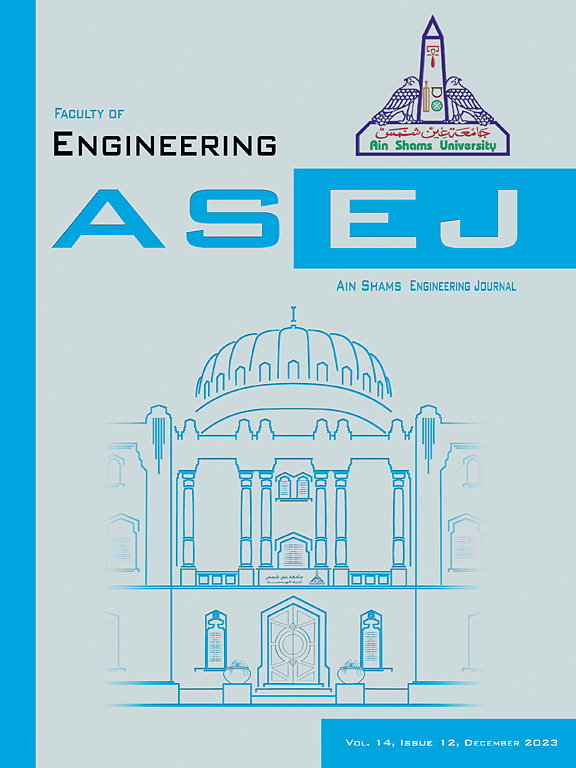Proposed Arabic word lists for subjective speech intelligibility tests via a communication system
IF 6
2区 工程技术
Q1 ENGINEERING, MULTIDISCIPLINARY
引用次数: 0
Abstract
This study addresses the critical gap in speech intelligibility testing for Arabic-speaking regions by introducing the first standardized, phonetically balanced Arabic word lists, aligned with ANSI S3.2. We curated 20-word lists, totalling 1,000 words, selected for their phonetic representation and frequency in the Modern Standard Arabic. These words were refined from an initial pool of 1,200 words through systematic evaluations of difficulty and familiarity. A key innovation here is the development of the Word Selector Application (WSA), a Python-based tool that facilitates randomized word selection, ensuring diversity and phonetic balance. The WSA significantly contributes to standardizing speech intelligibility tests in Arabic, enhancing the accuracy and reliability of assessments in many acoustic disciplines. Not only does this work pave the way for inclusion in international standards but it also underscores the need for comprehensive Arabic standards in subjective speech intelligibility testing, marking foundational steps towards bridging linguistic disparities in acoustic assessment.
通过通信系统进行主观语音可理解性测试的阿拉伯语单词列表
本研究通过引入符合ANSI S3.2标准的第一个标准化、语音平衡的阿拉伯语单词列表,解决了阿拉伯语地区语音清晰度测试中的关键差距。我们整理了20个单词列表,总共1000个单词,根据它们在现代标准阿拉伯语中的语音表示和频率选择。这些单词是通过对难度和熟悉度的系统评估从最初的1200个单词中提炼出来的。这里的一个关键创新是单词选择器应用程序(WSA)的开发,这是一个基于python的工具,可以促进随机单词选择,确保多样性和语音平衡。世界音标协会为阿拉伯语语音清晰度测试的标准化作出了重大贡献,提高了许多声学学科评估的准确性和可靠性。这项工作不仅为纳入国际标准铺平了道路,而且还强调了在主观语音可理解性测试中制定综合阿拉伯语标准的必要性,标志着在声学评估中弥合语言差异的基础步骤。
本文章由计算机程序翻译,如有差异,请以英文原文为准。
求助全文
约1分钟内获得全文
求助全文
来源期刊

Ain Shams Engineering Journal
Engineering-General Engineering
CiteScore
10.80
自引率
13.30%
发文量
441
审稿时长
49 weeks
期刊介绍:
in Shams Engineering Journal is an international journal devoted to publication of peer reviewed original high-quality research papers and review papers in both traditional topics and those of emerging science and technology. Areas of both theoretical and fundamental interest as well as those concerning industrial applications, emerging instrumental techniques and those which have some practical application to an aspect of human endeavor, such as the preservation of the environment, health, waste disposal are welcome. The overall focus is on original and rigorous scientific research results which have generic significance.
Ain Shams Engineering Journal focuses upon aspects of mechanical engineering, electrical engineering, civil engineering, chemical engineering, petroleum engineering, environmental engineering, architectural and urban planning engineering. Papers in which knowledge from other disciplines is integrated with engineering are especially welcome like nanotechnology, material sciences, and computational methods as well as applied basic sciences: engineering mathematics, physics and chemistry.
 求助内容:
求助内容: 应助结果提醒方式:
应助结果提醒方式:


